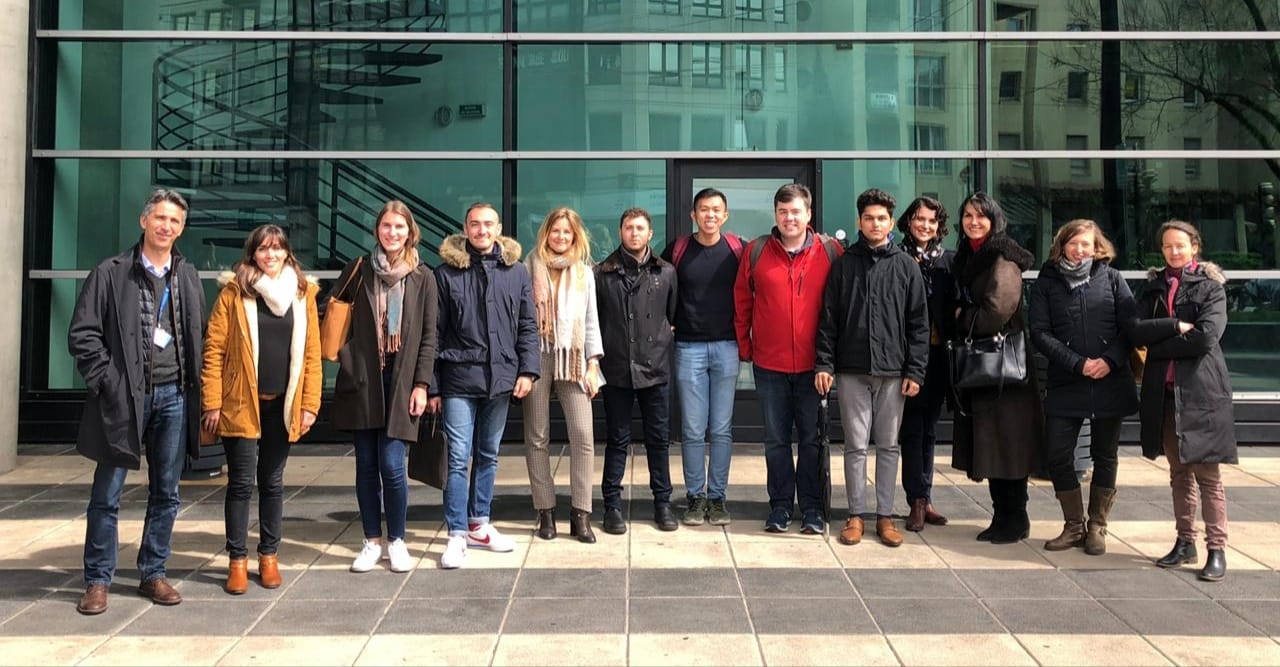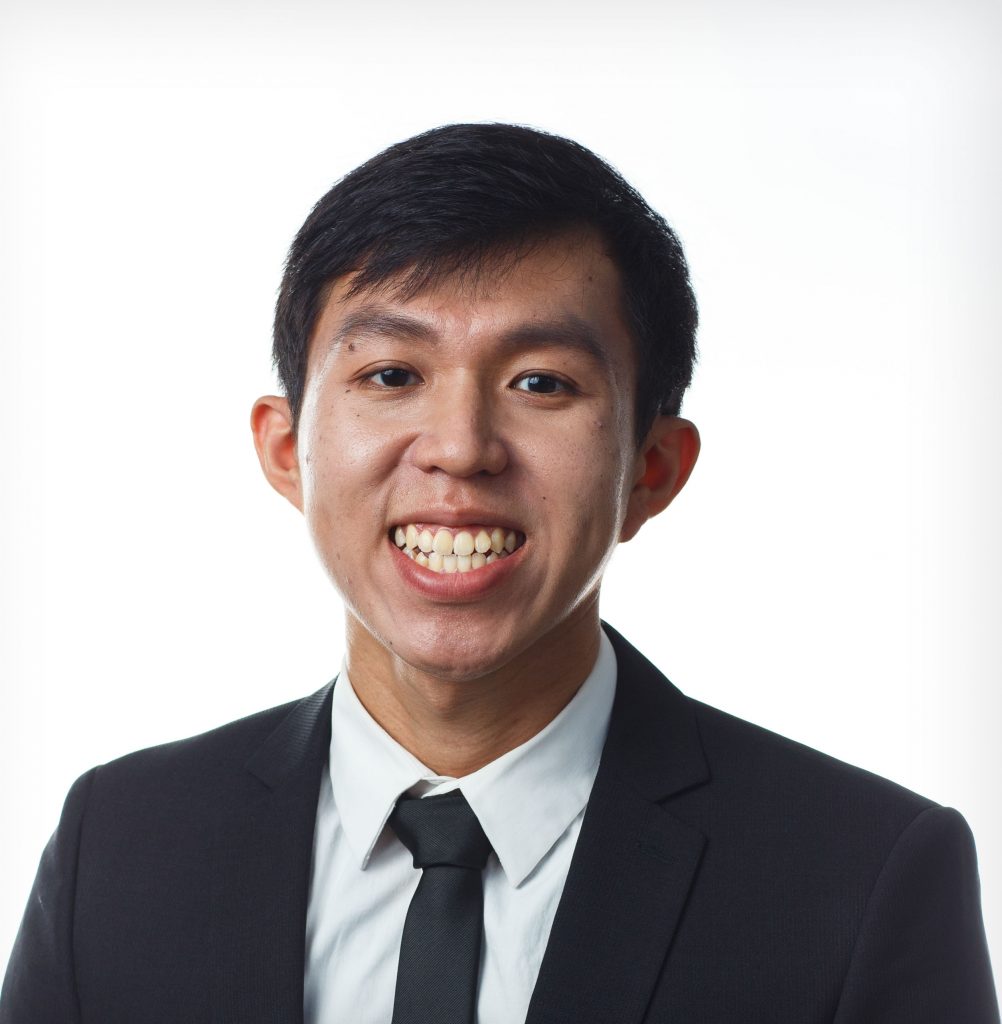Our Alumnus Speaks …
Mr Lu Shu Kai (BSc 2018) just completed his Master’s Degree in Finance with Grenoble Ecole de Management. He shares his views on further studies and practical tips on job hunting.

Share with us what inspires you to look beyond a physics degree.
For myself, taking a postgraduate degree allows me to take in cross-disciplinary knowledge and inspires me to look at the world through a wider lens. I would encourage undergraduates to study as widely as possible and network with different people to open more doors for themselves.
What selection criteria are typically used for enrolment into a Master’s degree programme in Finance?
The selection criteria are typically the Graduate Management Admission Test (GMAT), recommendations, prior experience, undergraduate school prestige and academic records.
What is some specific knowledge or skills the graduate programme has trained you for?
The management school I enrolled in has a unique focus on the management of technology and innovation. There is less theory compared to applications. Students are trained to be familiar with the Bloomberg API, excel modelling techniques and using visual basic applications for automation via algorithms. The knowledge gained here will be useful for working in some operational banking environment. One should always do research on the different banking systems if one is to consider working in a finance-related setting.
I enjoyed Grenoble which is where my management school is located. It is a rather quiet and scenic city, a place good for hiking. I thought the course was very practical and the school took a more professional route rather than an academic one. I like to add that studying hard and obtaining good results actually set one up to be confident when applying for jobs. Reading more about your potential career definitely helps too!
How do you think your physics background has come in useful in the graduate programme?
As physics is mentally challenging and requires a great deal of concentration, I am a lot more resilient to intellectual challenges and new concepts. This makes grasping new ideas a comfortable experience for myself and I believe all undergraduates if they choose to pursue the postgraduate path.
What advice do you have for juniors in preparation for the marketplace upon graduation?
My advice is for them to apply for jobs early. Start say by the end of Semester 1 in the last academic year. Try to network with professionals because a lot of the jobs out there are not advertised online but rather sourced for by word of mouth. Be resilient and keep improving yourself. Success may not be high for the first few interviews but keep sending out your resumes. In the meantime, improve your skills—get a professional certification, learn new coding languages, take up communication or presentation courses.

